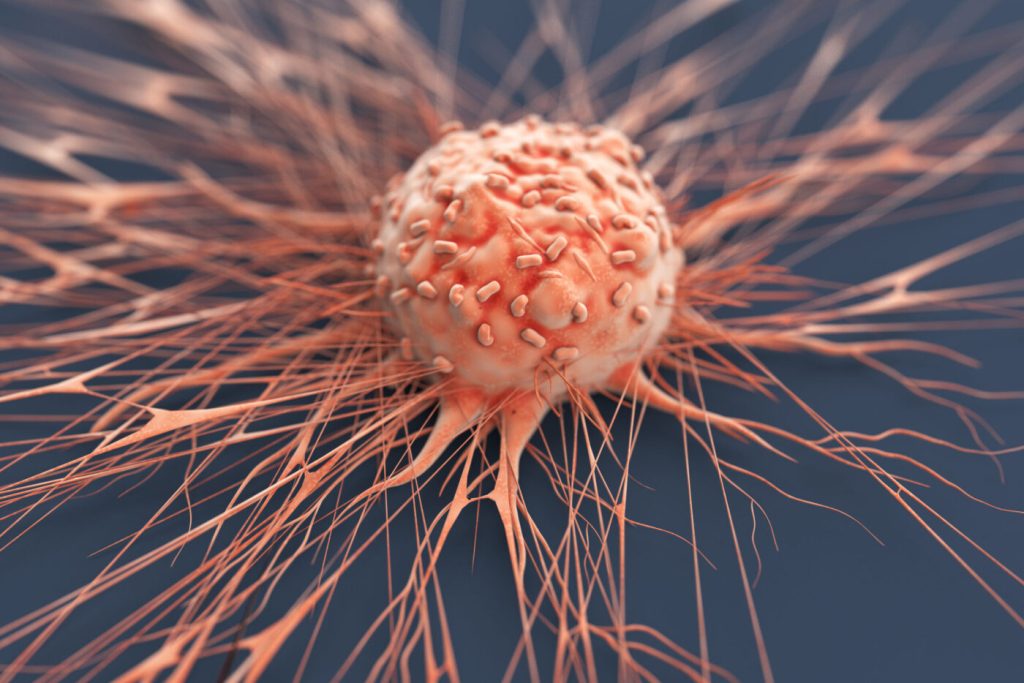The World Health Organisation (WHO) Regional Director for Africa, Dr Matshidiso Moeti, has said that cancer mortality may increase to nearly one million deaths per year by 2030 if there are no urgent and bold interventions.
According to her, an estimated 1.1 million new cancer cases occur each year in Africa, with about 700,000 deaths.
She said this in a message to commemorate the 2023 World Cancer Day.
The World Cancer Day is an international day marked yearly on February 4 to raise awareness of cancer and encourage its prevention, detection, and treatment.
The 2023 theme is “Close the care Gap: Uniting our voices and taking action.”
Dr Moeti said, “The numbers are stark. Approximately 1.1 million new cancer cases occur each year in Africa, with about 700,000 deaths. Data estimates show a considerable increase in cancer mortality to nearly one million deaths per year by 2030, without urgent and bold interventions.
“We should recall that the most common cancers in adults include breast (16.5 per cent), cervical (13.1 per cent), prostate (9.4 per cent), Colorectal (6 per cent), and liver (4.6 per cent) cancers, contributing to nearly half of the new cancer cases. With significant data challenges, childhood cancer incidence in sub-Saharan Africa is estimated at 56.3 per million population.
“Current projections show that Africa will account for nearly 50 per cent of the global childhood cancer burden by 2050, compelling expeditious efforts to confront this concern, as was done for the young girl from Rwanda.”
She, however, said 12 countries in the region had valid National Cancer Control Plans and WHO was supporting eleven additional countries in developing or updating their National Cancer Control Plans aligned to the global cancer initiatives coupled with the presence of governance structures at the government level to implement Cancer Plans.
She also said the organisation with the International Agency for Research on Cancer in cancer registration had launched three collaborating centres in Cote d’Ivoire, Kenya, and South Africa to facilitate capacity building for local staff and improve data quality for effective decision-making.
“Countries such as Ghana, Senegal, Zambia, and Senegal have developed National Treatment Guidelines for childhood cancer. Twenty-five countries have developed and are using Cancer Guidelines. Political will remains significant in improving the cancer landscape. Including childhood cancer medicines in the National Health Insurance Scheme in Ghana and Zambia is a good example. Such a strategic action will significantly contribute to the increase in survival rates for children with cancer in these countries.
“We are collaborating with Childhood Cancer International to develop and pilot the Mental Health and Psychosocial Support guidelines for children in Burkina Faso. It is gratifying to note the steady increase of HPV vaccination national introduction by 51 per cent of countries in the region, although coverage remains concerning at 21 per cent.
“Currently, 16 countries have introduced high-performance-based screening tests in line with WHO recommendations and plan to scale up cervical cancer screening. The introduction of gynecologic oncology Fellowships for improved access to cervical cancer treatment services in Malawi and Zambia is commendable and innovative.”
She noted that despite the achievements, there are challenges such as the low availability of Population-Based Cancer Registries; limited health promotion; inadequate access to primary prevention and early detection services; the scarcity of diagnostic facilities that increase delays in diagnosis and treatment.
“Provision of palliative care is rare in Africa, notwithstanding the significant need for it. Africa has only three per cent of the world’s cancer treatment facilities, with radiotherapy available in just 22 countries in sub-Saharan Africa, contributing to very low survival rates.
“By uniting voices and action, we can address cancer at individual and community levels: Choosing healthy lifestyles, getting vaccinated, and getting routinely screened against preventable cancers. Parents have the responsibility to ensure their eligible daughters receive HPV vaccines.
“I call on Governments to develop and update national cancer control plans, provide sustainable financing and invest in cancer registration. I encourage Governments to incorporate cancer care into essential benefits packages and national health insurance systems. It is also critical to ensure adequate infrastructure for human resources, screening, diagnostics, and treatment. There is equally a need to expand the use of digital health and establish relevant training for the cancer workforce.
“Finally, cancer survivors can lend their voices as advocates for better cancer services. As persons with lived experience, they should be involved in designing cancer services at all levels of health care.
“Let us unite against cancer and take action to make universal health for cancer prevention, treatment, and care a reality in Africa,” she said
(PUNCH)


